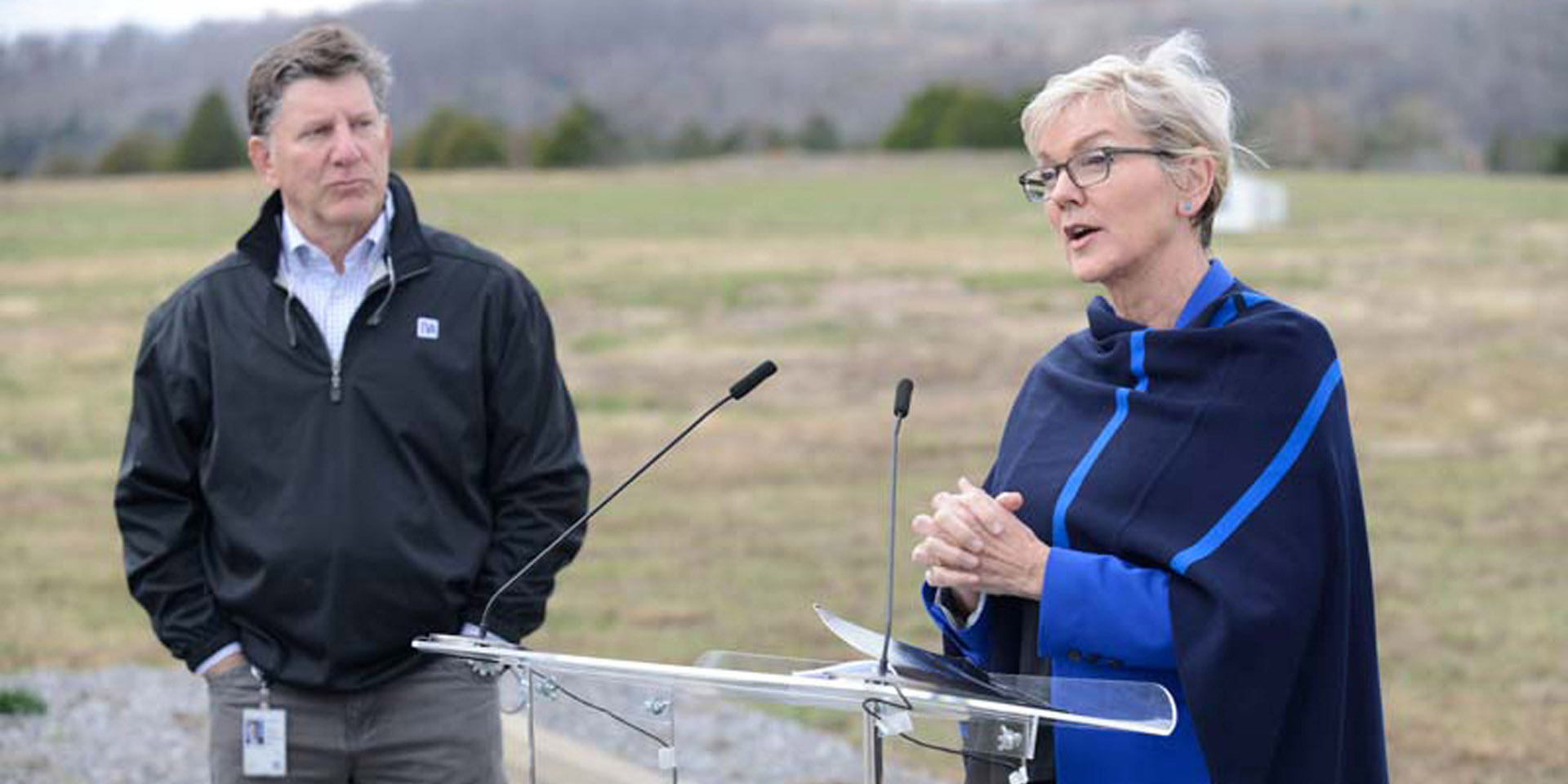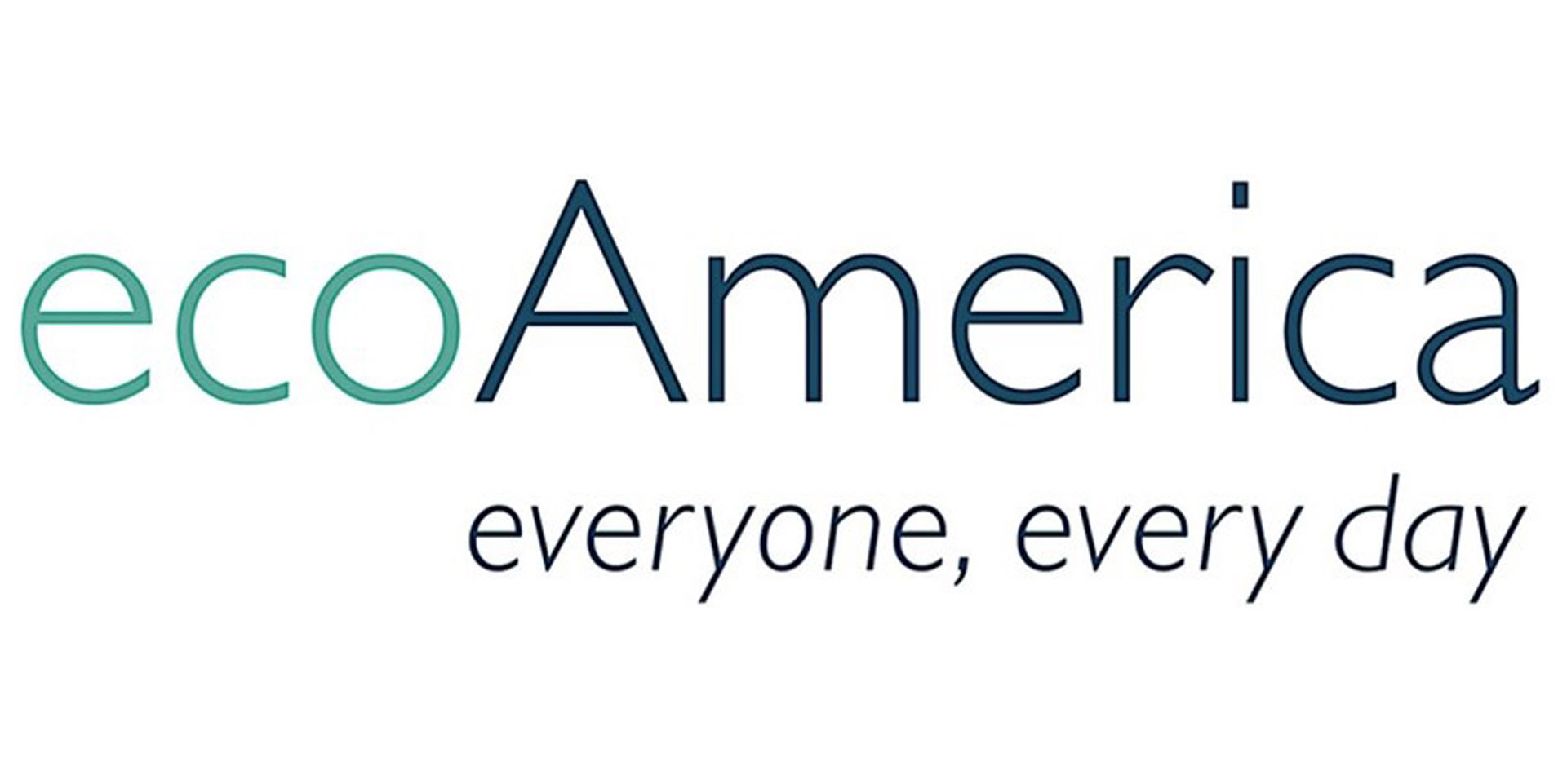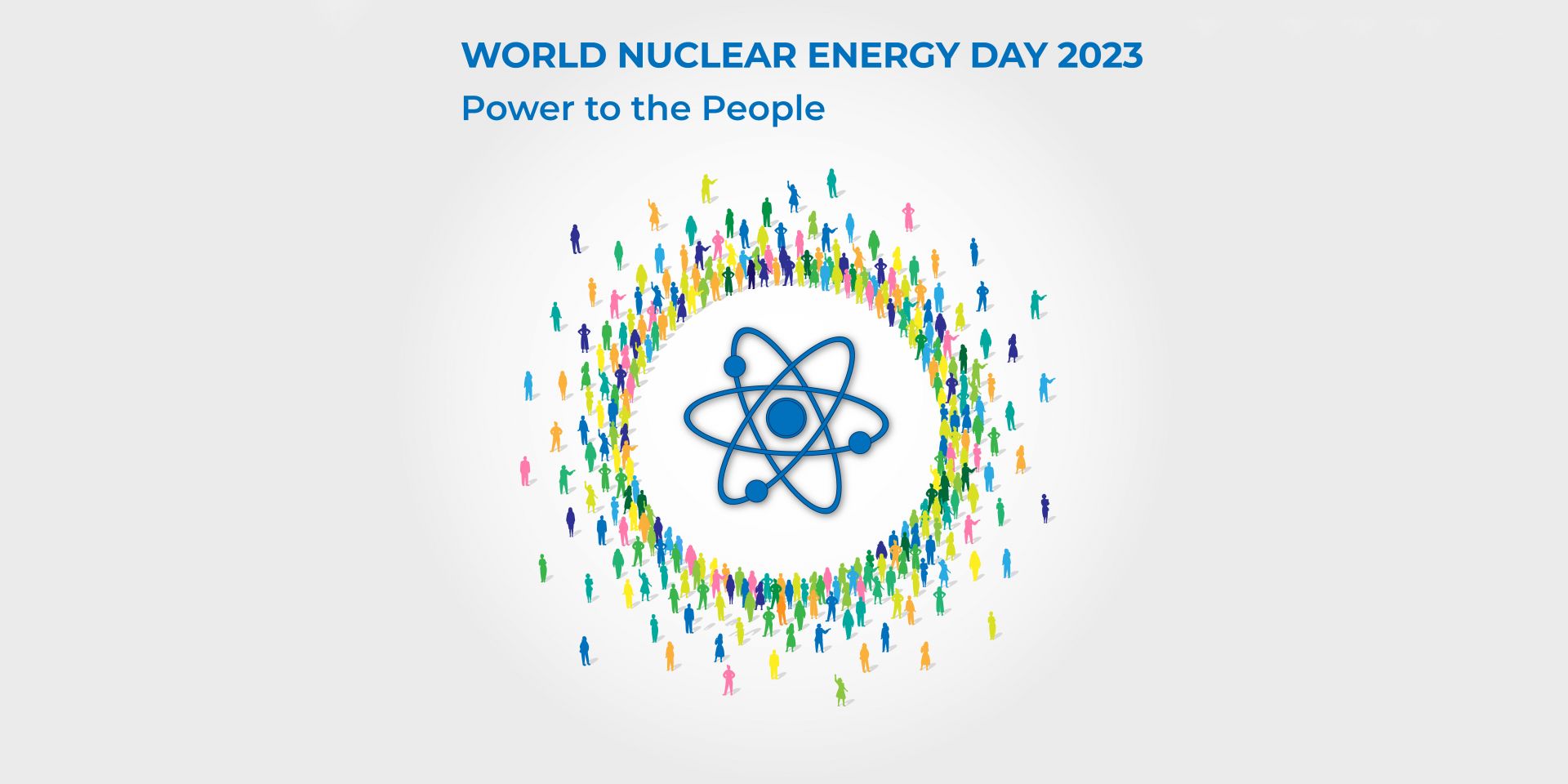Duke Energy Center (tall silver building at right) in Charlotte, N.C. (Photo: Duke Energy)
Duke Energy has confirmed “limited” layoffs across its territories as part of a company reorganization focused on clean energy.
In a statement, the company said, “Duke Energy is entering the next phase of its clean energy transition, which calls for a transformative expansion and modernization of our clean energy grid. . . . . We are reorganizing for greater efficiency and cost effectiveness.”
[Click to see full graphic] Western base demand (white line) for uranium will continue to outpace the combined existing production (dark green), secondary supply (middle green), and returning mine production (light green) through 2040, according to projections. (Image: Paladin Energy)
Investors continue to be bullish on uranium, according to a number of recent news reports. Stockhead recently trumpeted, “Uranium has started 2024 the same way it ended 2023—like a bull in a china shop. Spot prices are now agonizingly close to US$100/lb for the first time since 2008, with term pricing not far behind.” Similarly, Mining.com noted, “The spot price of uranium continues to rise, boosted by pledges to triple nuclear power by mid-century, supply hiccups from producers such as Cameco . . . , and the looming threat of a ban on Russian exports to the West.”
From left, engineer Jeremiah Kirch, postdoctoral researcher Mykola Ialovega, and assistant scientist Marcos Xavier Navarro-Gonzalez pose in front of the WHAM device at UW-Madison. (Photo: Mykola Ialovega)
A new type of cold spray coating, made from the metal tantalum and applied to the plasma-facing steel walls of fusion reactors, could lead to efficient, compact fusion reactors that are easy to repair and maintain, according to a study recently published in the journal Physica Scripta. The study was led by scientists and engineers at the University of Wisconsin–Madison and involved researchers from South Korea, France, and Germany.
A cooling tower at the canceled Hartsville nuclear power plant in Tennessee. (Photo: Brian Stansberry/WikiCommons)
Three people were arrested on January 3 when they paraglided onto the site of a canceled nuclear power plant in Hartsville, Tenn., according to Nashville news station WSMV.
Secretary Granholm answers press questions at the Clinch River Nuclear Site while TVA president and CEO Jeff Lyash listens. (Photo: TVA)
Energy secretary Jennifer Granholm visited the Clinch River Nuclear Site in Oak Ridge, Tenn., on December 5 to highlight the Biden administration’s support for the Tennessee Valley Authority’s advanced nuclear technology program.
Granholm indicated that the administration is willing to provide funding for the nation’s first commercial small modular reactor at the site. “Excited to see a shovel in the ground, hopefully in a few more years,” she said. “TVA is leading on small modular reactors with this site. Everybody’s looking to TVA to make sure that this can actually happen.”




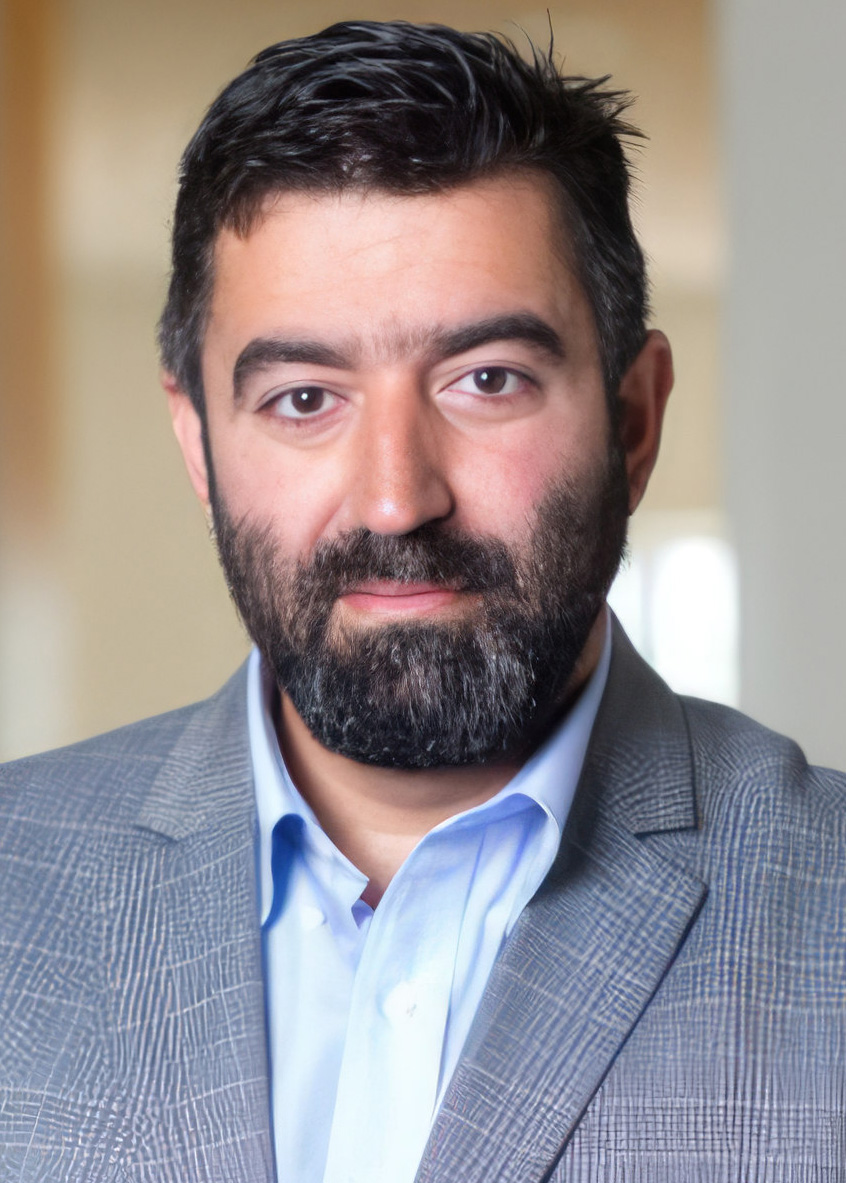
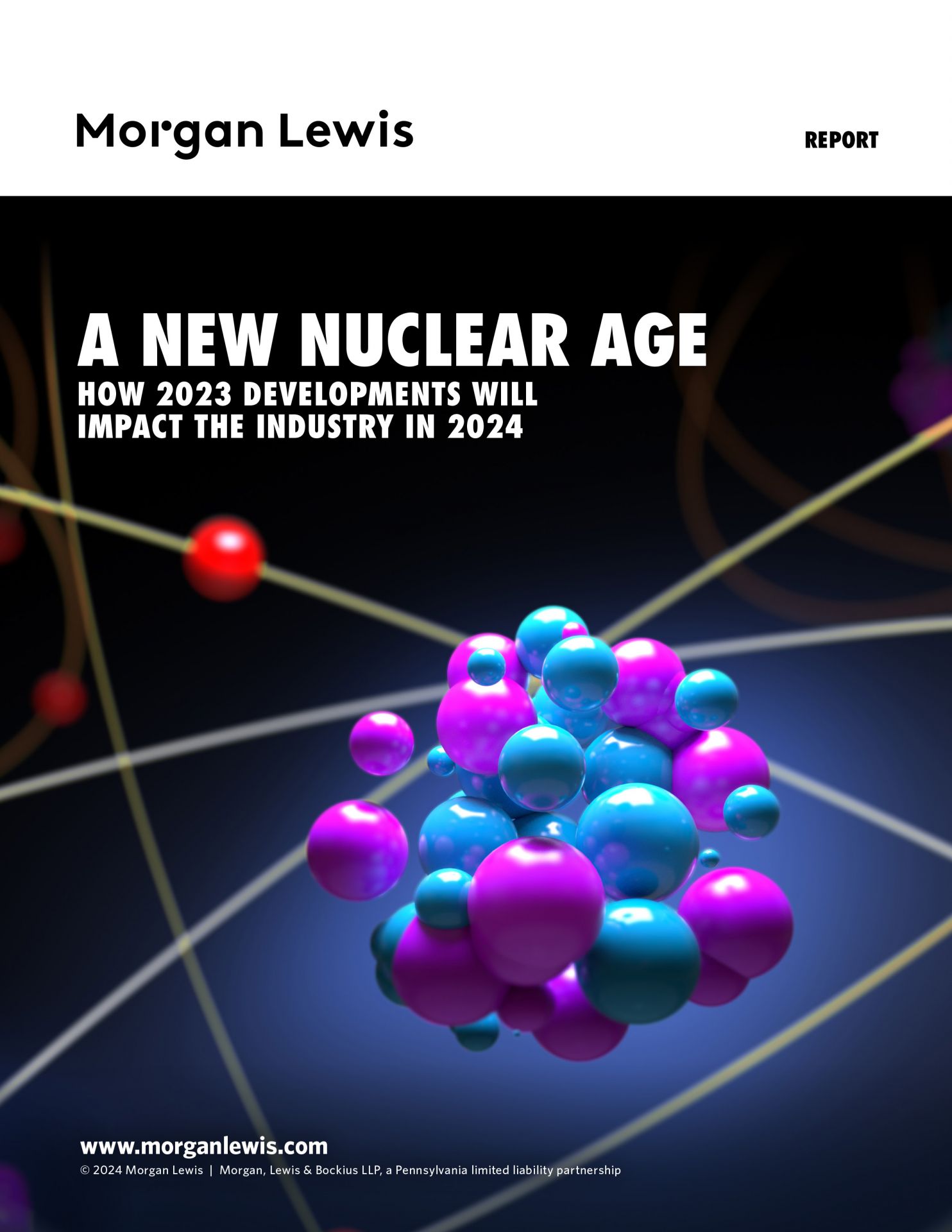 A new report,
A new report, 
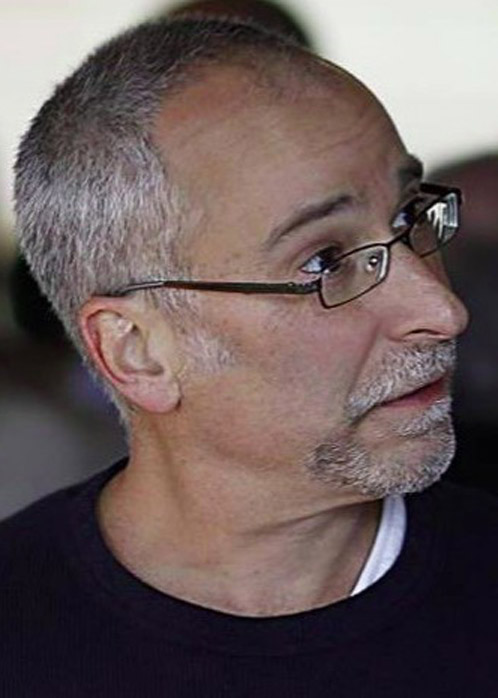

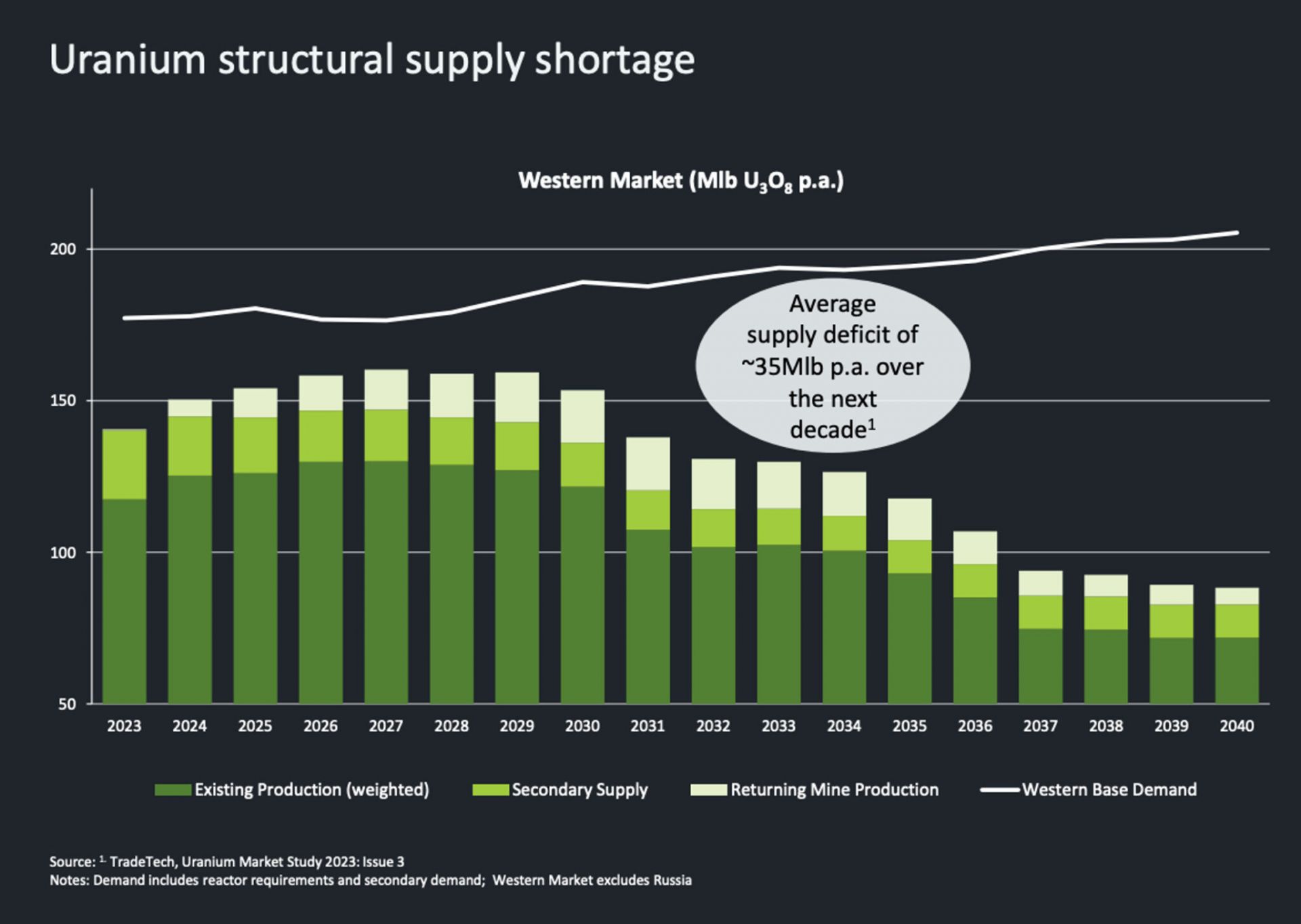
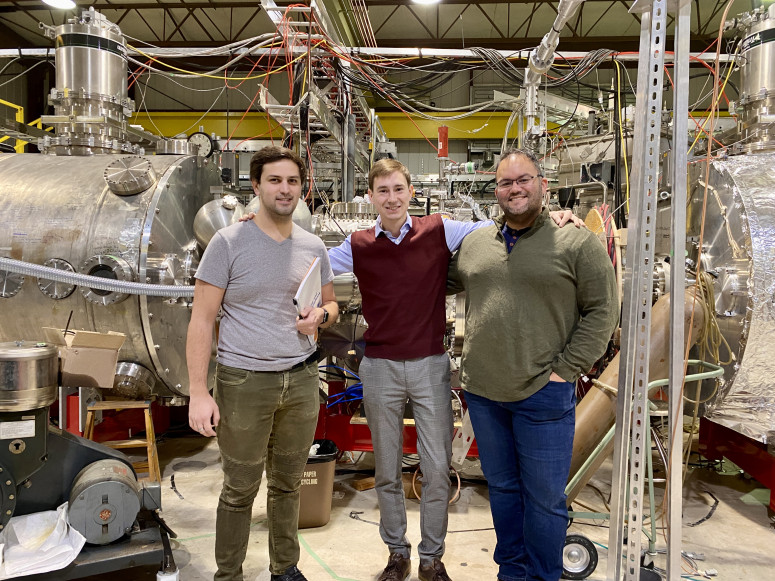
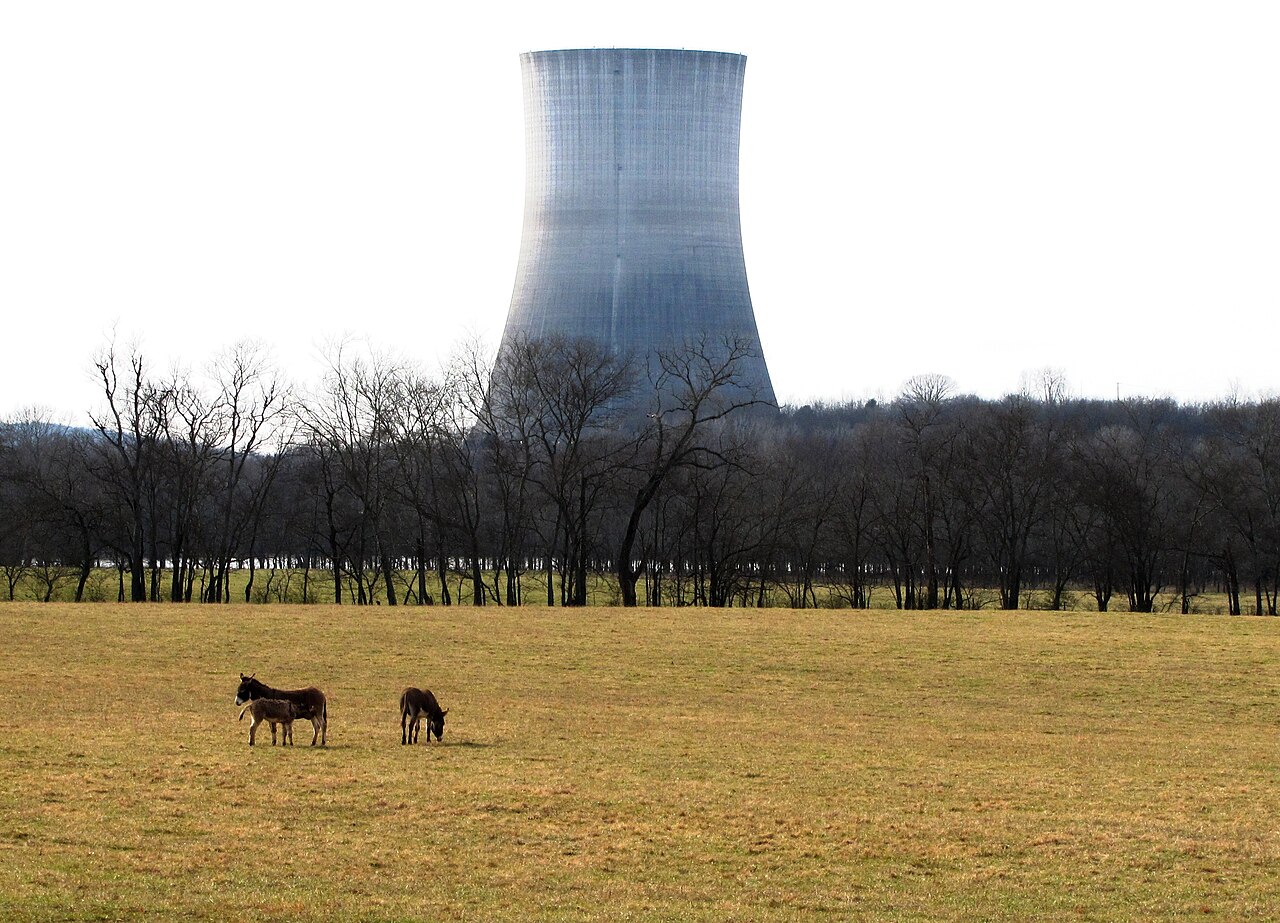
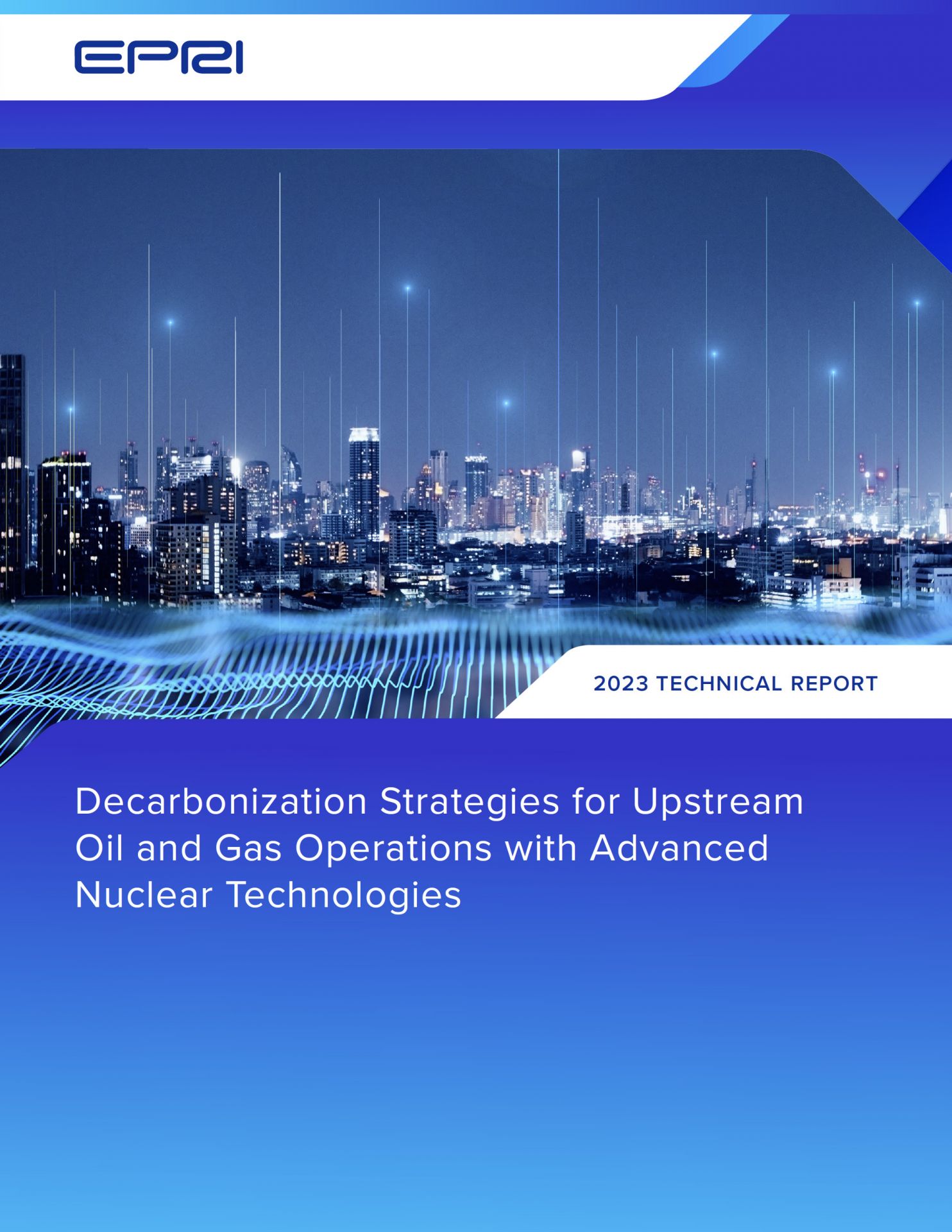 A new report from the Emirates Nuclear Energy Corporation (ENEC) and the Electric Power Research Institute (EPRI) describes the use of nuclear energy to decarbonize some activities normally powered by oil and gas.
A new report from the Emirates Nuclear Energy Corporation (ENEC) and the Electric Power Research Institute (EPRI) describes the use of nuclear energy to decarbonize some activities normally powered by oil and gas.